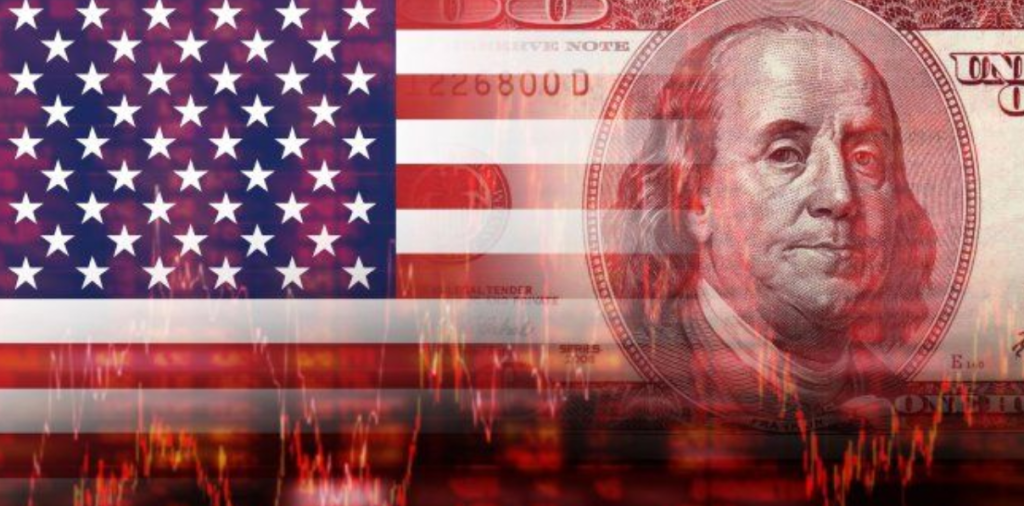“We believe the appreciation of Asian currencies is likely to

Quick overview
- Donald Trump’s fiscal policy is causing concerns in financial markets, leading some banks to warn that the U.S. dollar may no longer be a safe haven.
- Citigroup predicts the dollar could depreciate as the U.S. softens its tariff stance and engages in trade agreements following the G7 meeting.
- The appreciation of Asian currencies is expected to be a topic of discussion in tariff negotiations, with Japan and China likely at the center of these talks.
- Since April, the dollar has fallen by 4%, influenced by new U.S. tariffs and uncertainty surrounding their duration and impact on dollar-denominated assets.
The fiscal policy pursued by Donald Trump is raising concerns in financial markets, and in this context, some banks are beginning to warn clients that the U.S. dollar is no longer behaving as a safe haven.

Citigroup has warned that the dollar may continue to lose ground following this week’s G7 meeting, as the United States softens its tariff stance and moves forward with trade agreements.
In a recent report, the bank’s currency strategists, led by Osamu Takashima, noted that while Washington is not expected to actively pursue a weak dollar policy, the greenback could depreciate as progress is made toward tariff reductions through multilateral negotiations.
EUR/USD
Monetary policy talks have taken center stage ahead of the G7 summit. Officials from South Korea and Taiwan have acknowledged discussing the matter with U.S. counterparts. In addition, Japan’s Finance Minister announced a bilateral meeting with U.S. Treasury Secretary Scott Bessent, during which currency issues will also be addressed.
“We believe the appreciation of Asian currencies is likely to be raised as part of the tariff negotiations,” Citi stated. “Japan, China, and other East Asian economies could be at the heart of this discussion,” they added, suggesting that the Bank of Japan’s policies might also be under quiet scrutiny as part of bilateral talks with the U.S.
Fewer Tariffs, Less Support for a Strong Dollar
Since April, the dollar has fallen by 4%, according to the Bloomberg Dollar Spot Index. This drop coincided with the imposition of new U.S. tariffs, which triggered a sharp correction in global markets. Since then, uncertainty around the scope and duration of these measures has dampened appetite for dollar-denominated assets.
Citi does not expect a formal agreement like the 1985 Plaza Accord — which deliberately sought to weaken the dollar. Instead, strategists anticipate that Bessent will emphasize the role of central banks in shaping currency trends, as well as how reserve investment strategies are influencing U.S. interest rates.
Related Articles
www.fxleaders.com
